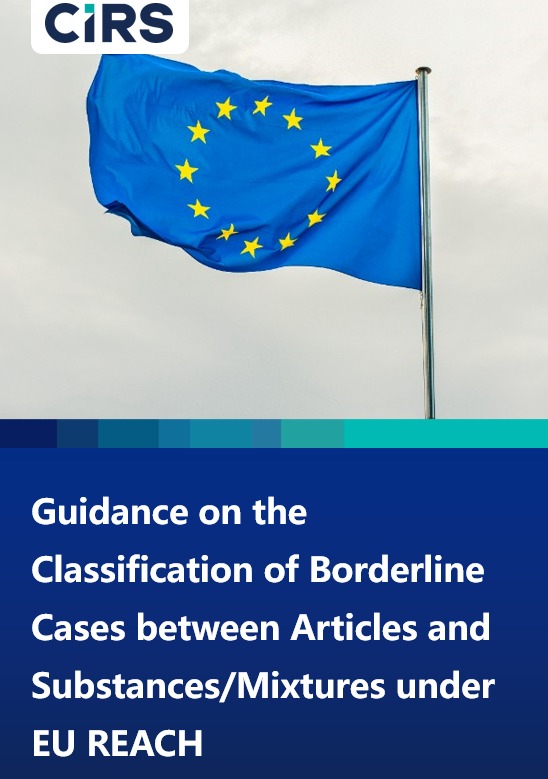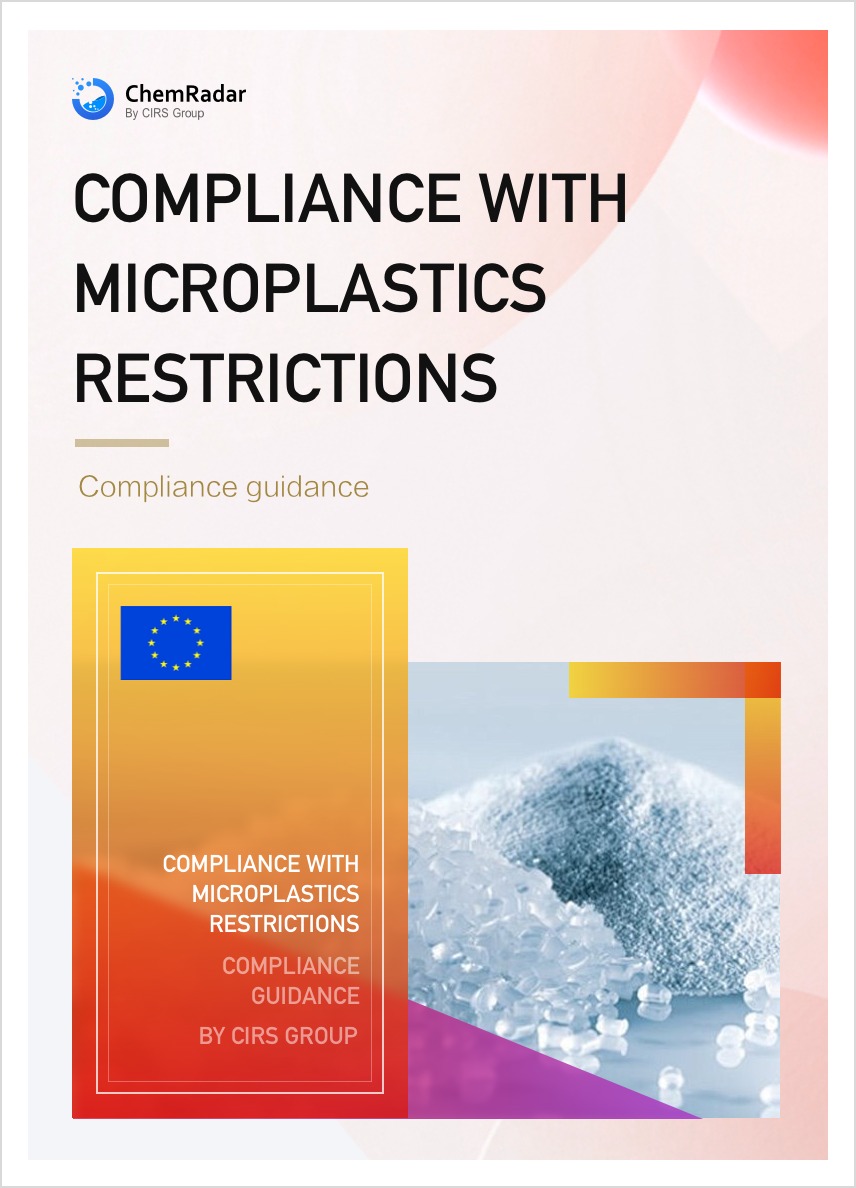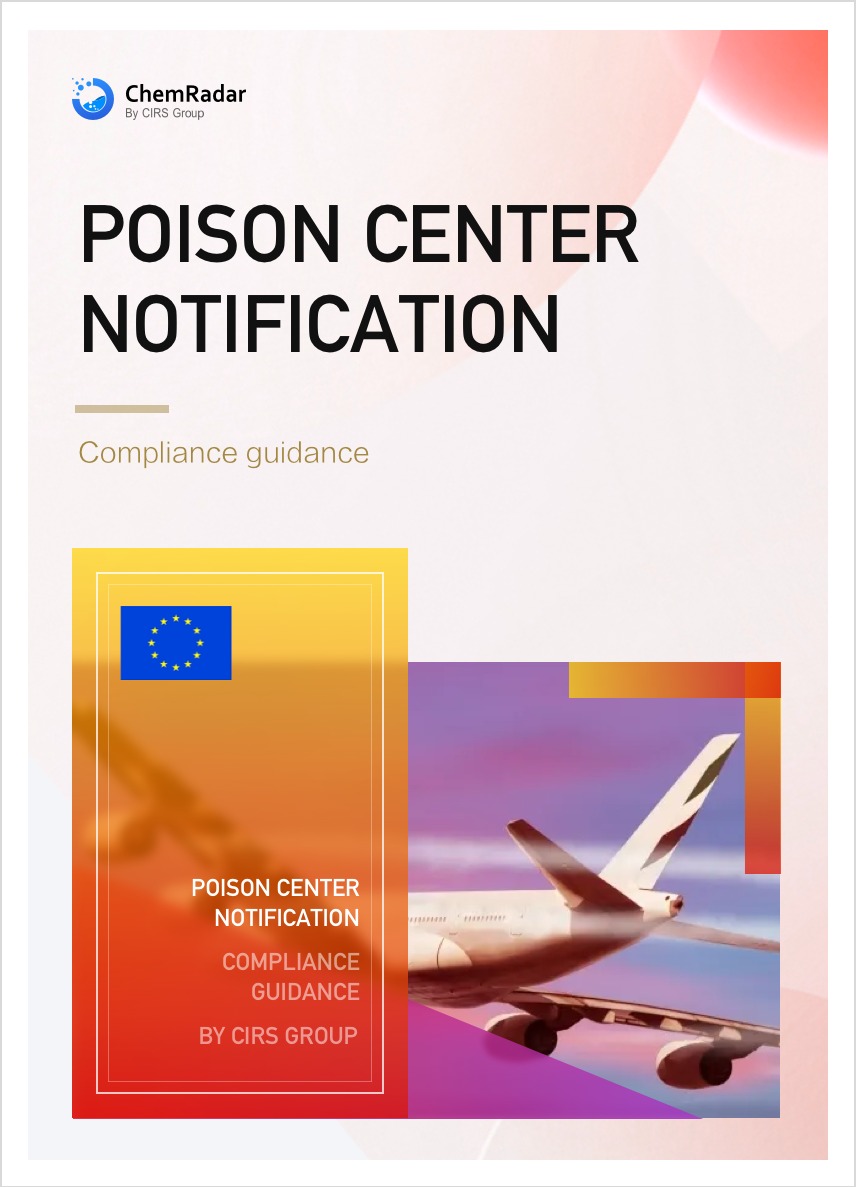It is the first time for the European Commission to propose measures to tackle microplastic pollution at source together with the restrictions on intentionally added microplastics adopted in September 2023. It is estimated that every year, up to 52,000 to 184,000 tonnes of plastic pellets will be released to the environment within EU as a result of poor supply chain management.

What are plastic pellets?
Plastic pellets are the raw material used for plastic production, also known as nurdles, nibs and resin pellets. Microplastics are small pieces of plastics, usually smaller than 5mm. A fraction of plastic pellets can be spilled or lost to the environment. These small plastic particles do not biodegrade and cannot be removed. They are persistent, very mobile and hard to remove from nature and they will accumulate in animals and also are consumed by humans in food. It is also likely that microplastics are toxic to human.
In 2023, the European Commission adopted a REACH restriction on microplastics intentionally added to products and a proposal for a Regulation on preventing plastic pellet losses to the environment.
Objectives:
This proposal aims to reduce microplastic releases by 30% by 2030 set out in the Zero Pollution Action Plan. This will be achieved by:
- Reducing plastic pollution (as these degrade into microplastics)
- Restricting the use of intentionally added microplastics to products, and
- Reducing unintentional microplastic releases.
Moreover, this proposal will maintain a clean ecosystem and achieve plastic-free rivers and oceans. This proposal would contribute to creating a level playing field and reducing potential human health risks.
The EU has highlighted the necessity to tackle the growing microplastics in the environment through various initiatives such as the EU Plastics Strategy, the Circular Economy Action Plan, and the Zero Pollution Action Plan. The proposal outlines four specific points:
- Code of practice for regulated operators: Operators must follow best handling practices based on the size of the installation or transport activity. These practices have been implemented previously.
- Mandatory certification and self-declarations: Larger operators should obtain a certificate from an independent third party while smaller companies should make a self-declaration of compliance.
- A harmonized methodology to estimate losses: A harmonized methodology will be developed by standardization bodies to help operators monitor their losses and tackle some of the remaining data gaps.
- Lighter requirements for SMEs: Since the pellet supply chain has a large share of SMEs, lighter requirements will apply to SMEs.
The European Parliament and Council will continue to discuss this proposal in depth. If this proposal is adopted, both EU and non-EU operators are required to comply with the provisions specified in this regulation within 18 months after its enforcement.




